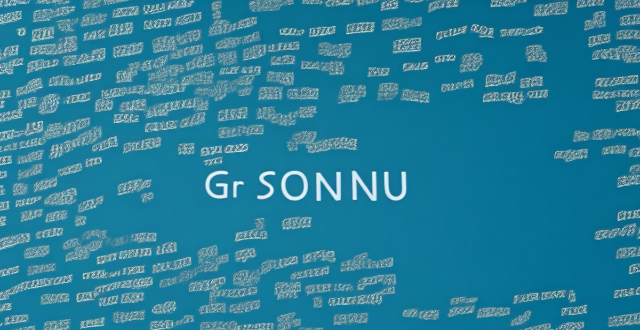Public Wi-Fi usage is governed by laws and regulations related to data protection, copyright infringement, cyberbullying, malware, and privacy policies. It is important to follow best practices for data protection, respect copyright laws, avoid cyberbullying and harassment, protect against malware and viruses, and review privacy policies to stay safe and compliant with the law.

Are there any laws or regulations regarding public Wi-Fi usage?
Public Wi-Fi usage has become increasingly common in recent years, with many people using it for work, entertainment, and communication purposes. However, there are certain laws and regulations that govern the use of public Wi-Fi networks. In this article, we will discuss some of the key legal considerations related to public Wi-Fi usage.
1. Data Protection
One of the most important aspects of public Wi-Fi usage is data protection. When you connect to a public Wi-Fi network, your data can be vulnerable to hackers and other malicious parties. To protect your data, it is essential to follow certain best practices:
- Use a virtual private network (VPN) to encrypt your data and protect your online activities from prying eyes.
- Avoid accessing sensitive information, such as bank accounts or credit card details, on public Wi-Fi networks.
- Be cautious about the websites you visit and the links you click on while connected to public Wi-Fi.
2. Copyright Infringement
Another legal issue related to public Wi-Fi usage is copyright infringement. Downloading or sharing copyrighted material without permission is illegal and can result in severe penalties. It is important to respect copyright laws and only download or share content that you have the right to access.
3. Cyberbullying and Harassment
Public Wi-Fi networks can also be used for cyberbullying and harassment. It is illegal to use the internet to harass, threaten, or intimidate others. If you witness cyberbullying or harassment on a public Wi-Fi network, it is important to report it to the authorities immediately.
4. Malware and Viruses
Public Wi-Fi networks can be breeding grounds for malware and viruses. Hackers often target these networks to spread malicious software that can harm your device or steal your personal information. To protect yourself from malware and viruses, make sure to keep your antivirus software up-to-date and avoid downloading files or clicking on suspicious links while connected to public Wi-Fi.
5. Privacy Policies
Finally, it is important to review the privacy policies of any websites or services you use while connected to public Wi-Fi. Some companies may collect and share your personal information without your knowledge or consent. By reading their privacy policies, you can better understand how they handle your data and make informed decisions about whether to use their services.
In conclusion, while public Wi-Fi usage can be convenient and useful, it is important to be aware of the legal considerations involved. By following best practices for data protection, respecting copyright laws, avoiding cyberbullying and harassment, protecting against malware and viruses, and reviewing privacy policies, you can enjoy the benefits of public Wi-Fi while staying safe and compliant with the law.